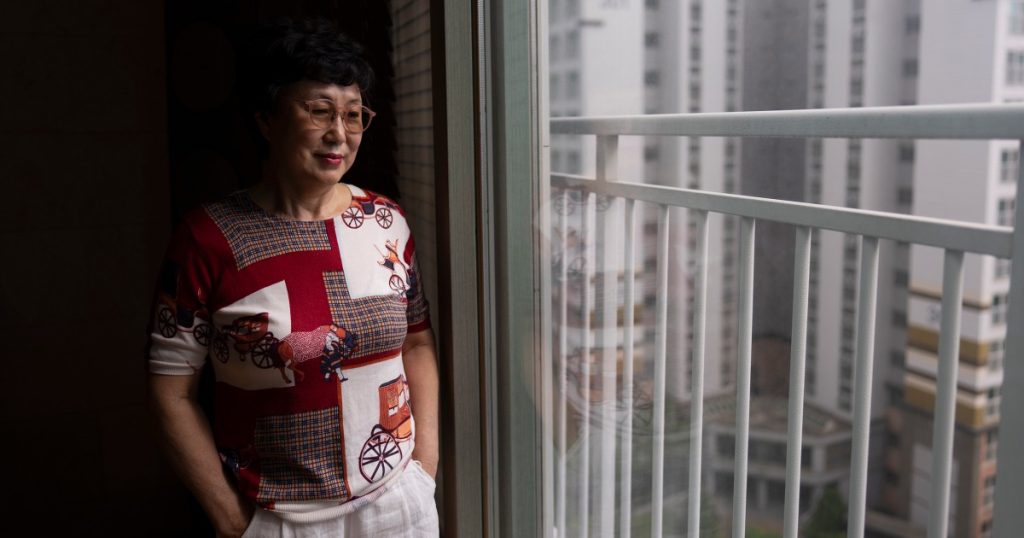The adoption industry in South Korea has come under scrutiny due to allegations of fraudulent practices and questionable ethical standards that led to the export of over 200,000 Korean children to parents overseas. Many adoptees have discovered that the information on their adoption paperwork was false, leading them on a search for their true identity and roots. The AP investigation, conducted in collaboration with Frontline (PBS), sheds light on the dark side of international adoption, revealing cases of children being kidnapped off the streets, parents being told their newborns were dead or too sick to survive, and documents being fabricated to give children false identities.
Adoption agencies, the South Korean government, and Western countries all played a part in keeping the baby pipeline pumping, with agencies creating a competitive market for children, paying hospitals to supply them, and fabricating documents to enable adoptions. Despite evidence of fraudulent practices, the adoption industry continued to thrive, driven by the desire of wealthy nations to adopt babies and South Korea’s need to reduce welfare spending. The government endorsed “proxy adoptions” for families to adopt children quickly without visiting Korea, leading to a mass exportation of children that some described as a “baby factory.”
The stories of adult adoptees like Robert Calabretta, who discovered that he was not who he was told he was, have sparked a reckoning in the adoption industry. While advocates believe that the majority of adoptions are honest and end well, unreliable documents make it difficult for adoptees to find their birth families and learn the truth about their origins. Despite efforts by some adoptees to reunite with their relatives, government data shows that a small percentage have been successful in finding their birth families.
The questionable practices surrounding international adoptions in South Korea date back to the post-war era and continued well into the 1980s and 1990s. Agencies procured children from hospitals and maternity homes, often paying illegal payments for babies and facilitating adoptions without verifying child origins or obtaining parental relinquishment. The system of listing children as abandoned made adoptions easier and enabled agencies to meet the demands of adoptive families, many of whom were from Western nations.
Former adoption agency workers have come forward to share their experiences, revealing a system that prioritized processing children quickly to meet demand. Some parents were coerced into giving up their children, with promises that they would thrive under good Western parents and might return home rich or with Ph.Ds. While some agencies deny allegations of wrongdoing, others have acknowledged ethical concerns and have ceased their adoption programs due to these issues.
The ongoing investigation by The Associated Press and Frontline sheds light on the dark side of international adoption and the devastating impact it has had on adoptees and their birth families. With cases of children being kidnapped, parents being deceived, and identities being switched, the adoption industry in South Korea is facing a reckoning that may reshape the future of international adoptions. As victims like Robert Calabretta and Laurie Bender seek to uncover the truth about their past, the spotlight is on the adoption industry to address its shortcomings and ensure that children are placed in safe, ethical, and transparent adoption processes.


